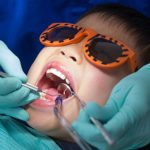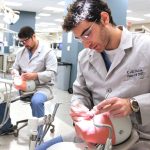When Can I Drink Soda After Wisdom Teeth Removal? Tips for a Speedy Recovery

Wisdom teeth removal is a common dental procedure that many people undergo as they enter adulthood. The procedure involves the removal of one or more of the third molars, located at the back of the mouth. After undergoing wisdom teeth removal, it is common for patients to experience swelling, pain, and discomfort. It is important to follow the aftercare instructions provided by the dentist or oral surgeon to ensure a speedy recovery. One common question that arises after wisdom teeth removal is when it is safe to consume soda. While many people enjoy soda as a refreshing beverage, it is important to be mindful of what you consume after the procedure. Soda contains high levels of sugar and acid, which can have a negative impact on the healing process. In this article, we will explore when it is safe to drink soda after wisdom teeth removal and provide tips for a speedy recovery.
Wisdom teeth are the last molars that grow in the back of the mouth and usually emerge between the ages of 17 and 25. However, these teeth can cause various problems like overcrowding, infection, and pain, requiring their removal. Wisdom teeth removal is a common surgical procedure where the dentist or oral surgeon numbs the area around the teeth and extracts them from the gum. Depending on the teeth’s position and condition, the removal process can take between 20 minutes to an hour. After the surgery, patients may experience swelling, pain, and bleeding, and it is crucial to follow the dentist’s aftercare instructions to ensure a speedy recovery.
Following proper recovery guidelines is crucial for a speedy and successful recovery after any surgical procedure, including wisdom teeth removal. These guidelines are designed to help the body heal quickly and minimize the risk of complications. Ignoring or neglecting these guidelines can lead to a prolonged and painful recovery, infection, and other serious complications. While it may be tempting to indulge in soda or other foods and drinks that may not be recommended during the recovery period, it’s important to remember that doing so can slow down the healing process and worsen your discomfort. Therefore, it’s important to follow the recovery guidelines recommended by your dentist or oral surgeon, which may include avoiding certain foods and drinks, taking prescribed medications, and maintaining good oral hygiene practices. By following these guidelines, you can ensure a smooth and speedy recovery, and get back to your normal routine as soon as possible.
Understanding the Healing Process
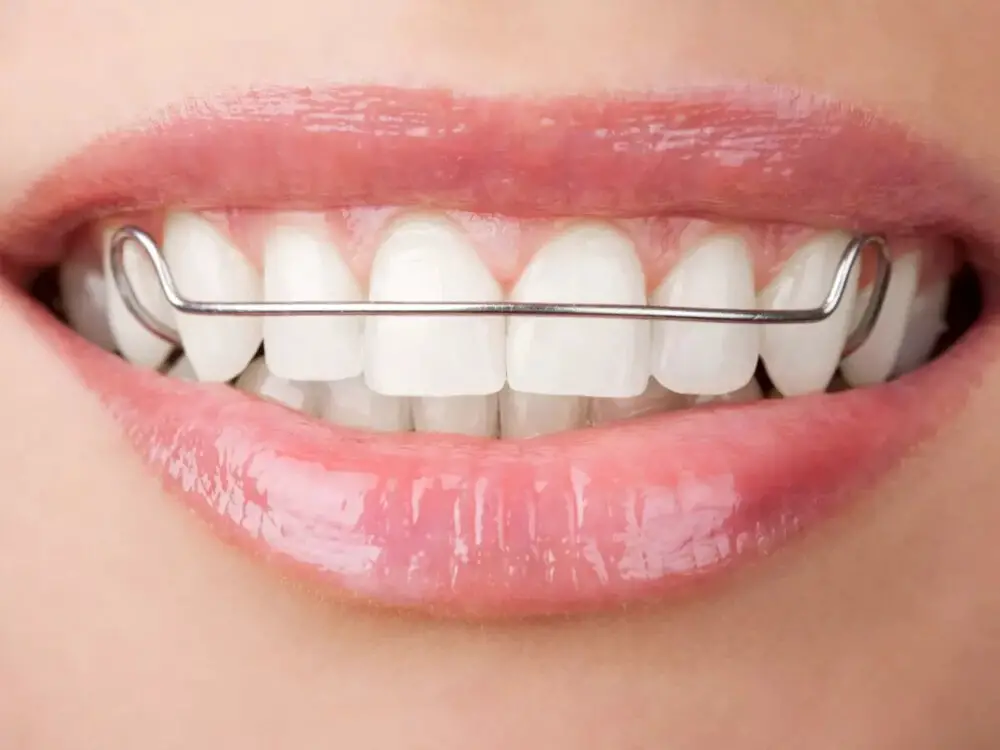
Understanding the healing process is essential to ensure a speedy recovery after wisdom teeth removal. After the surgery, the body initiates a series of biological mechanisms to repair and regenerate the tissues that were affected by the procedure. The healing process is a complex and multifactorial process that involves the activation of various cells, the synthesis of new proteins and molecules, and the formation of new blood vessels. The first stage of the healing process is the inflammatory phase, which is characterized by the release of pro-inflammatory cytokines and the recruitment of neutrophils and macrophages. These immune cells play a crucial role in removing the debris and bacteria from the surgical site and promoting the formation of a blood clot that will protect the underlying tissues. The second stage of the healing process is the proliferative phase, which involves the proliferation of fibroblasts, endothelial cells, and epithelial cells. These cells are responsible for synthesizing new extracellular matrix components, such as collagen and elastin, and rebuilding the damaged tissues. The final stage of the healing process is the remodeling phase, which can last for several months. During this phase, the newly formed tissues undergo maturation and remodeling, and the extracellular matrix is reorganized to provide strength and stability to the surgical site. Understanding the healing process is critical to avoid complications such as infections, bleeding, and delayed healing. By following the post-operative instructions provided by the oral surgeon and promoting a healthy lifestyle, patients can ensure a fast and successful recovery after wisdom teeth removal.
After wisdom teeth removal, the healing process begins immediately. The first stage of healing is the formation of a blood clot in the extraction site. This blood clot acts as a protective layer and facilitates the growth of new tissue and bone. Over the next few days, the body will begin to produce new blood vessels and cells to repair the damaged tissue. The gums will gradually close over the extraction site, and any swelling or discomfort should subside. It’s crucial to follow proper aftercare instructions to ensure a speedy recovery, which includes avoiding hard and crunchy foods, smoking, and carbonated drinks like soda. By doing so, patients can minimize the risk of complications and enjoy a smooth and successful healing process.
Healing time after wisdom teeth removal can vary from person to person and is influenced by several factors. One significant factor is the individual’s overall health, as those who are in good health tend to heal faster. Smoking can also delay the healing process, as it reduces blood flow to the surgical site and introduces harmful chemicals that can interfere with healing. Proper aftercare, such as keeping the surgical site clean and avoiding certain foods and activities, can also impact healing time. Additionally, the complexity of the extraction procedure and the number of teeth removed can affect healing time, with more complex procedures generally requiring longer recovery periods.
Foods and Beverages to Avoid
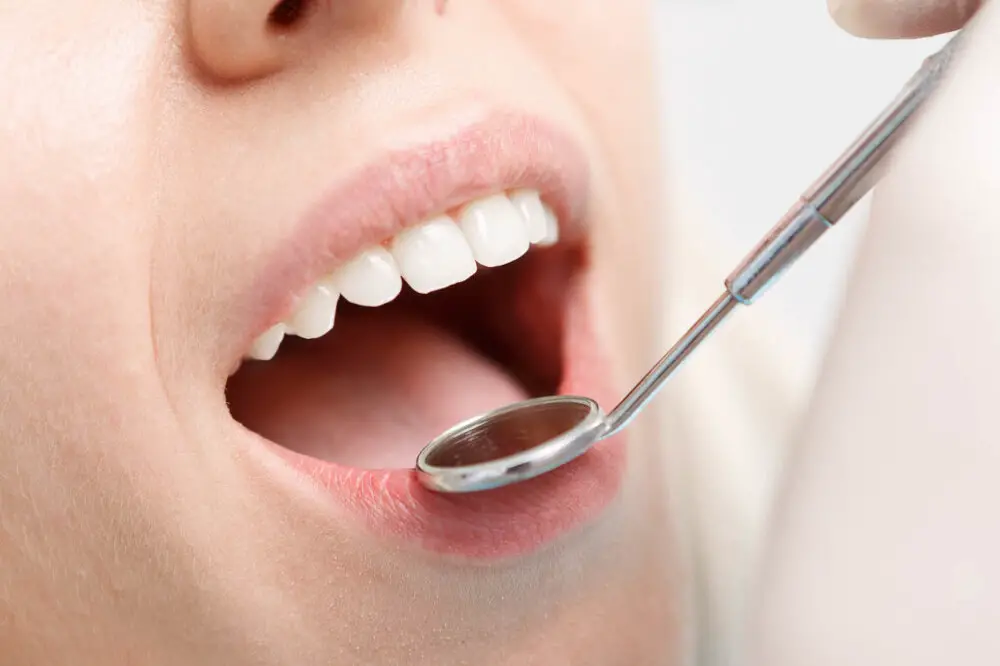
After wisdom teeth removal, it is essential to be careful about the food and beverages you consume. Certain foods and drinks can impede the healing process and even cause complications. Therefore, it is crucial to avoid them during the recovery period. Firstly, you should avoid consuming any carbonated drinks or sodas after wisdom teeth removal. Carbonated drinks contain carbon dioxide, which can cause dry socket, a painful dental condition that occurs when the blood clot that forms in the extraction site is dislodged. Sodas are also high in sugar, which can increase the risk of infection and inflammation in the area. Another food to avoid after wisdom teeth removal is hard or crunchy foods. Foods like chips, popcorn, and nuts can cause irritation and damage to the surgical site, leading to pain and discomfort. Additionally, spicy and acidic foods can also cause pain and irritation to the extraction site, leading to delayed healing. Therefore, it is best to avoid these foods during the recovery period and stick to soft and easy-to-chew foods like soups, smoothies, and mashed potatoes. By avoiding these foods and beverages, you can speed up the healing process and prevent any complications that may arise.
During the recovery period after wisdom teeth removal, it is important to avoid certain foods and beverages to ensure a speedy and successful recovery. Foods that are hard, crunchy, or chewy can irritate the surgical site and hinder the healing process. This includes foods like nuts, chips, popcorn, and tough meats. Additionally, acidic and sugary foods and beverages can also be damaging to the surgical site and increase the risk of infection. It is best to avoid drinks such as soda, sports drinks, and fruit juices during this time. Instead, opt for soft and nutrient-rich foods like soups, smoothies, and mashed potatoes to promote healing and nourishment.
After wisdom teeth removal surgery, it is essential to avoid certain foods and drinks that can slow down the healing process and cause pain and discomfort. Carbonated beverages such as soda should be avoided because the carbonation can cause irritation and discomfort to the surgical site. Additionally, sugary and acidic drinks may increase the risk of developing dry socket, a painful condition that occurs when the blood clot in the extraction site is dislodged. It is also recommended to avoid hot beverages that can dissolve the blood clot and cause bleeding. Instead, patients should opt for cold and soft foods such as ice cream, yogurt, mashed potatoes, and smoothies to promote healing and reduce inflammation.
When Can I Drink Soda?
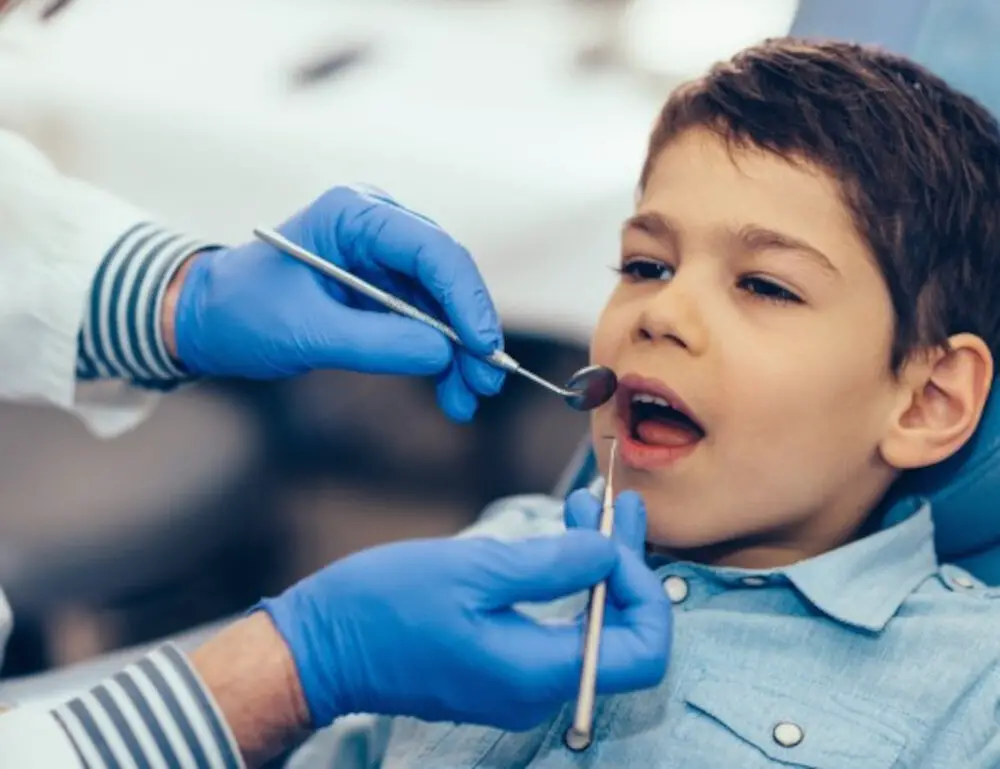
When it comes to wisdom teeth removal, it’s crucial to follow the aftercare instructions provided by your dentist or oral surgeon. One of the most common questions people have after the procedure is when they can start consuming soda again. While soda may be a tempting treat, it’s essential to wait until you’re fully healed before indulging. The carbonation and sugar in soda can irritate your surgical site and slow down the healing process. It’s recommended to avoid soda for at least a week after your wisdom teeth removal. Instead of soda, opt for water and other non-carbonated, sugar-free drinks. Staying hydrated is essential for promoting healing and preventing dry socket, a painful condition that can occur after wisdom teeth removal. If you’re craving something sweet, try sipping on fruit juice or a smoothie. Just be sure to avoid using a straw, as the suction can dislodge the blood clot and slow down the healing process. By following these tips, you’ll be on your way to a speedy recovery and back to enjoying your favorite beverages before you know it.
After wisdom teeth removal, it is essential to follow the dentist’s instructions to ensure a speedy recovery. When it comes to drinking soda after wisdom teeth extraction, it’s best to wait at least 24 hours before consuming any carbonated beverages. During the first day, it’s crucial to let the blood clot to form, which can be easily disrupted by the carbonation in sodas. Additionally, the high sugar content in soda can lead to bacterial growth and delay the healing process. Therefore, it’s recommended to stick with water or other non-carbonated beverages for the first few days after wisdom teeth removal. As the healing progresses, one can gradually introduce soda into their diet, making sure to rinse their mouth after consuming it to prevent any complications.
There are several factors that affect the timing of when you can drink soda after wisdom teeth removal. Firstly, it is important to follow the guidelines given by your dentist or oral surgeon as they will be able to assess your individual situation. Generally, it is recommended to wait at least 24-48 hours before drinking soda as the carbonation and acidity can irritate the surgical site and delay the healing process. Additionally, if you have been prescribed pain medication, it is important to avoid carbonated beverages as they can interfere with the absorption of the medication. It is also important to avoid using straws as the suction can dislodge the blood clot and lead to dry socket, a painful complication that can delay healing. Lastly, it is recommended to choose sugar-free soda options to avoid any potential harm to your teeth and gums.
Tips for a Speedy Recovery
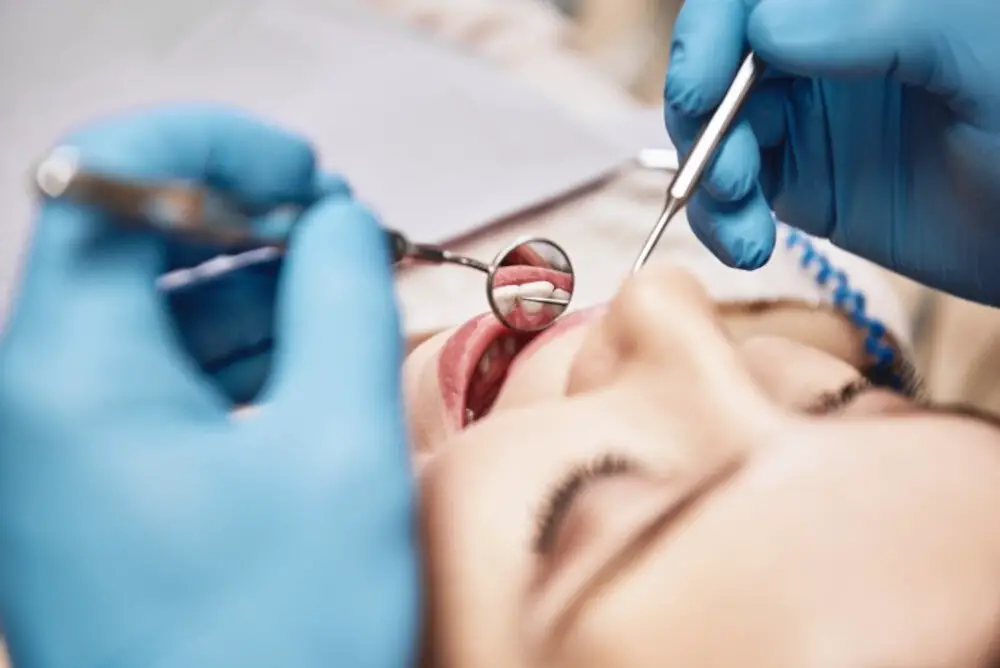
Recovering after any surgical procedure can be a daunting and painful experience, but there are several tips that can help ease the process and speed up the recovery time. The first step is to follow the instructions provided by your dentist or surgeon carefully. These instructions may include guidelines for diet, medication, and oral hygiene. It’s important to follow these instructions to the letter, as they are designed to optimize your recovery and prevent complications. Another important tip for a speedy recovery is to prioritize rest and relaxation. Your body needs time to heal after surgery, and pushing yourself too hard can slow down the process and increase your risk of complications. Make sure to get plenty of rest and avoid strenuous activities for the first few days after your surgery. You may also want to take time off work or school to give yourself time to recover. Additionally, it’s important to stay hydrated and eat a balanced diet to give your body the nutrients it needs to heal properly. By following these tips, you can help ensure a quick and successful recovery after your wisdom teeth removal.
Speeding up the recovery process after wisdom teeth removal is important to reduce pain, swelling, and the risk of infection. To do this, it is recommended to avoid smoking and drinking alcohol, as these can delay healing and increase the risk of complications. Instead, eat soft foods and drink plenty of water to stay hydrated and promote healing. Applying ice packs to the affected area for the first 24-48 hours can also help reduce swelling. Additionally, following the prescribed pain medication schedule and keeping the mouth clean by gently rinsing with salt water can further aid in the healing process. It is important to follow these suggestions to ensure a speedy recovery and minimize discomfort.
Managing pain and discomfort during recovery from wisdom teeth removal is crucial to ensure a speedy recovery. Firstly, it is important to take your prescribed pain medication as directed by your dentist or oral surgeon. Additionally, applying an ice pack to your cheeks for 20 minutes at a time can help reduce swelling and numb the area. Eating soft, cool foods and avoiding hot, spicy, or crunchy foods can also help minimize discomfort. Rinsing your mouth with warm salt water can help keep the area clean and reduce the risk of infection. Finally, getting plenty of rest and avoiding strenuous activities can help your body heal more quickly. By following these tips, you can help alleviate pain and discomfort during the recovery process.
In summary, recovering from wisdom teeth removal can be a challenging process, but it is important to follow the necessary precautions to avoid complications. Drinking soda after wisdom teeth removal is not recommended for the first few days due to its carbonation and acidity, which can irritate the surgical site. Instead, patients should focus on staying hydrated with water, drinking cold liquids to reduce swelling, and avoiding hard or chewy foods. It is also important to maintain good oral hygiene by gently brushing and rinsing with saltwater to prevent infection. By following these tips, patients can ensure a speedy and successful recovery from wisdom teeth removal.
Following proper recovery guidelines is crucial after any surgical procedure, including wisdom teeth removal. Failing to do so can result in various complications such as dry socket, infection, and delayed healing. It is essential to avoid consuming carbonated drinks like soda for the first few days after surgery as they can disrupt the blood clot formation and lead to complications. Patients should also follow a soft and liquid diet, avoid smoking, and take prescribed pain medications to prevent any discomfort and promote healing. Adhering to the post-operative instructions provided by the dentist or oral surgeon can help ensure a speedy and successful recovery.
Conclusion

In conclusion, the decision to drink soda after wisdom teeth removal should not be taken lightly. It is recommended to wait at least 24-48 hours after the procedure before consuming any carbonated beverages. It is also important to avoid using a straw as the suction can dislodge the blood clot and delay the healing process. To ensure a speedy recovery, it is essential to follow the aftercare instructions provided by your dentist or oral surgeon, which may include rest, ice, medication, and a soft food diet. Good oral hygiene and regular check-ups with your dentist can also aid in the healing process and prevent any potential complications. Remember, patience is key when it comes to recovering from wisdom teeth removal, and taking it slow will ultimately lead to a smoother and more successful recovery.



